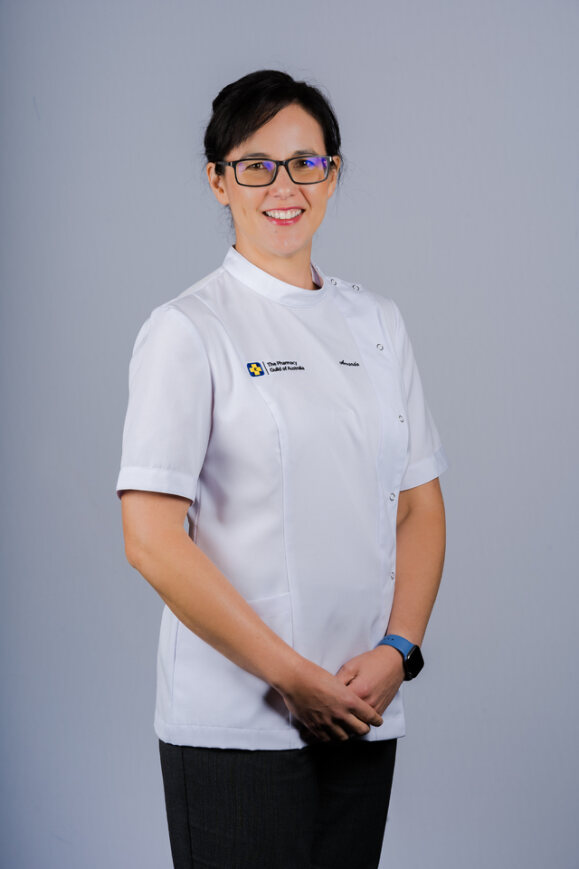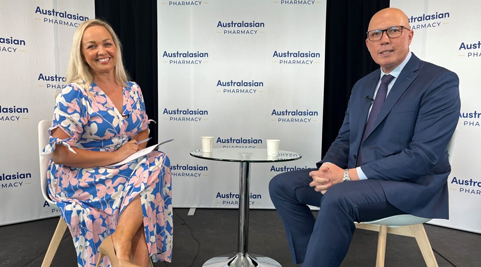The Pharmacy Guild’s Queensland branch says it’s extending its lead in the nation when it comes to pharmacists working to their full scope of practice.
It follows the state government’s announcement of a new pilot that will make appropriately trained community pharmacists able to prescribe the oral contraceptive pill to Queensland women.
The pilot was announced by Shannon Fentiman, Queensland Minister for Health, Mental Health, Ambulance Services and Minister for Women.
“This decision will help break down the barriers women currently face to accessing contraception – including lack of access to primary care,” Minister Fentiman said.
“Pharmacists are highly qualified and trusted members of our healthcare system and supporting them to practice to their full scope will enable them to provide additional services to their communities.”
The Community Pharmacy Hormonal Contraception Service Pilot will begin as early as July and is due to continue until the end of June next year before it will be evaluated.
In congratulating the move, Guild Queensland Vice President Amanda Seeto described it as a “game changer”.
“This is a great announcement for women’s access to medicines in Queensland,” Ms Seeto said.
“I would like to congratulate the Queensland Government on continuing to lead the nation in providing healthcare solutions that make a positive difference in communities.”

Queensland Guild Vice President Amanda Seeto
It comes ahead of the expected rollout of the full Scope of Practice Pilot in Queensland after the first tranche of pharmacists completed their training.
One of the GPs involved in training the pharmacists has spoken positively about the scope pilot.
Associate Professor Peta-Ann Teague helped plan the training program which involves three months’ training at Queensland University of Technology and a further six months at James Cook University in Townsville.
Professor Teague says the expanded scope pilot just makes sense.
“For me, it’s a logical extension to look at what health practitioners are in any specific community and what they can offer, particularly in primary care,” she told The Medical Republic.


